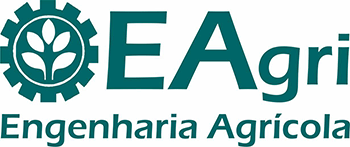Irrigation plays an important role for grape’s yield as well as on its quality for winemaking. Thus, the effects of deficit irrigation strategies on yield and quality of wine grapes cv. Syrah were evaluated in Petrolina, State of Pernambuco, Brazil. Evaluations were carried out throughout the second and third growing seasons, which were from November 2010 to February 2011 (rainy season) and from May to September 2011 (dry season), respectively. Vines were drip irrigated and the experimental design was completely randomized with three treatments and four replications. The treatments were full irrigation (FI), performed according crop evapotranspiration; regulated deficit irrigation (RDI), in which irrigation was interrupted in phenological growth stage of bunch closure, but was occasionally performed according soil water monitoring of the root zone; and deficit irrigation (DI), when irrigation was interrupted from bunch closure to harvesting. Differences on leaf water content among treatments were observed in both growing seasons and RDI and DI treatment plants presented moderate water stress. The number of bunches did not differ among treatments in both growing seasons; however, bunch weight per plant, average bunch weight and soluble solid content were higher in FI treatment during the dry season. Deficit irrigation strategies promoted water saving.
Vitis vinifera L.; soil water content; leaf water potential





